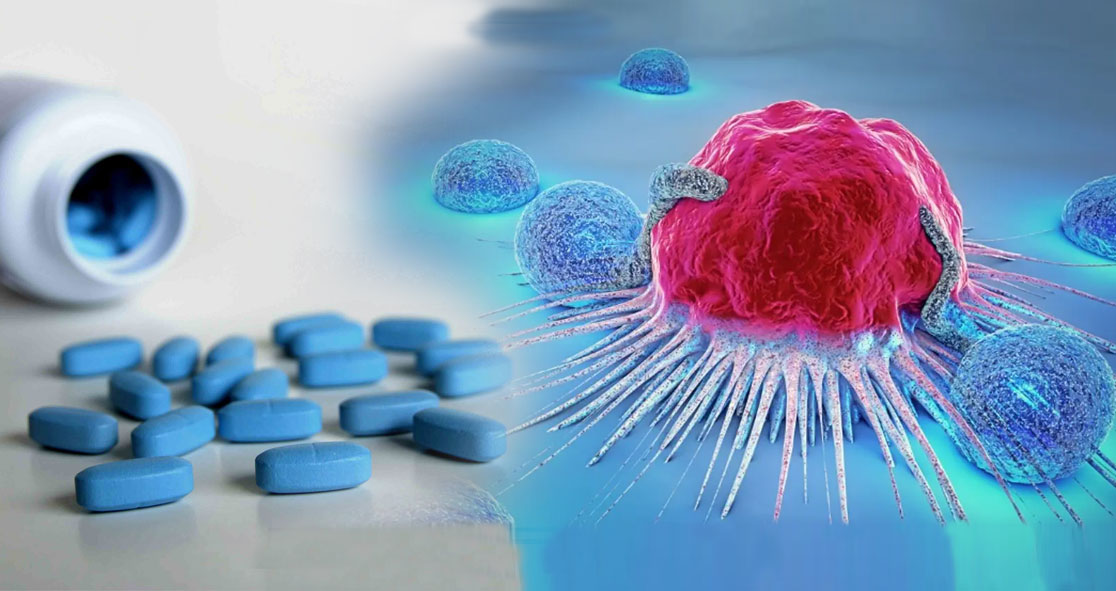A new Swedish study, published in Nature Communications, has found that erectile dysfunction (ED) drugs that belong to the class of therapeutic agents called PDE5 inhibitors may have an anti-cancer effect and improve prognosis in those with colorectal cancer.
PDE5 inhibitors include FDA-approved ED drugs such as sildenafil (Viagra), tadalafil (Cialis), vardenafil (Levitra), avanafil (Stendra), among others.
Study researcher Wuqing Huang of Lund University said, “Available preclinical evidence suggests that PDE5 inhibitors could slow down the tumor growth and progression in mice, but it is still unknown whether PDE5 inhibitors can hinder the proliferation of cancer in humans. We tried to explore this using real-world medical data in Sweden.”
The researchers looked at all Swedish male patients with colorectal cancer who had used PDE5 inhibitors after receiving a cancer diagnosis.
Of all the patients, around more than 10 percent of patients had died from colorectal cancer who used PDE5 inhibitors after diagnosis, whereas the death rate 17.5 percent in patients who did not use PDE5 inhibitors.
The researcher found that the relative mortality risk caused by colorectal cancer was 18 percent lower among patients who used PDE5 inhibitors.
Plus, they found that the risk of metastasis, which is the main cause of death due to cancer, was relatively less among patients who used the ED drugs.
Huang explained, “In addition, the protective effect was even stronger in men who used these drugs after receiving open surgery. This finding provides the first-ever human-based evidence in terms of the anti-tumor effect of PDE5 inhibitors on colorectal cancer, which complements the preclinical evidence.”
In most patients who undergo surgery, surgery-induced immune suppression is what leads to poor prognosis or adverse outcomes.
“The results of our study suggest that the anti-cancer ability of PDE5 inhibitors might be related to regulating immunosuppressive effects,” Huang said. “However, randomized clinical trials are needed to confirm our research findings before PDE5 inhibitors can be used as an adjuvant drug for men with colorectal cancer, as well as experiments that explore the underlying biological mechanisms.” Another researcher Jianguang Ji of Lund University said, “The observed findings should be interpreted with caution as this is an observational study and the biological mechanisms need to be explored further. We have already collaborated with other scientists to explore the underlying mechanisms by utilizing animal experiments and cancer organoid.”























